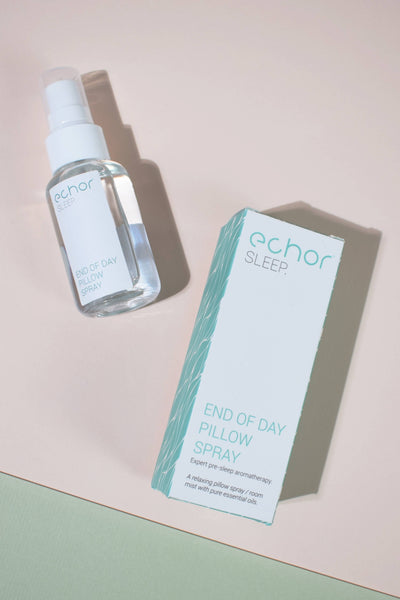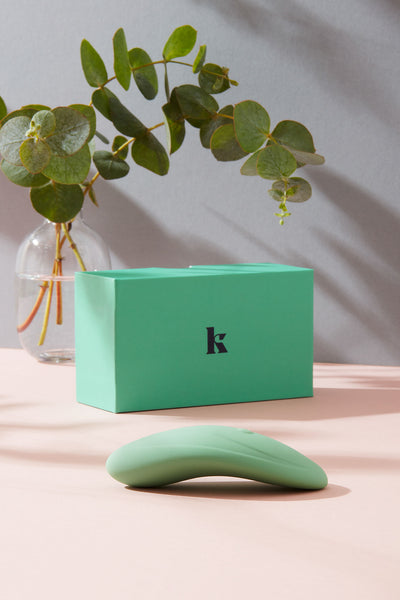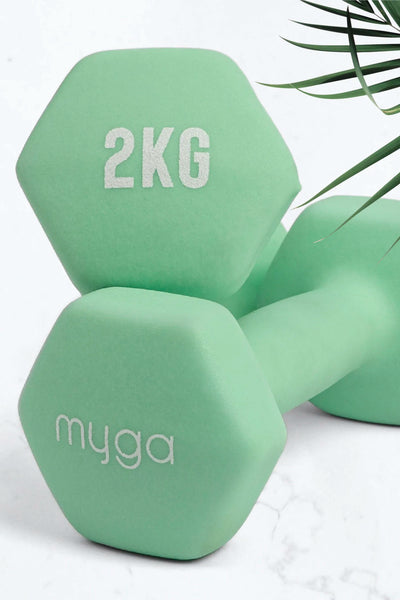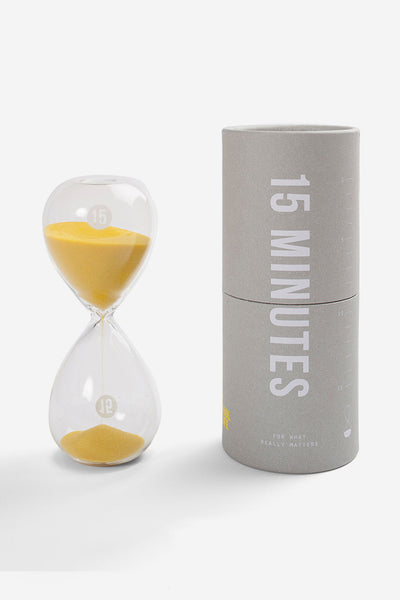Everything you need to know about Bruxism.
Have you ever woken up with an aching or swollen jaw and not known why? There's a high chance you might be suffering from bruxism. This is a condition where a person grinds or clenches their teeth using jaw muscles and it can happen both when asleep or awake.
When you picture someone clenching their jaw so hard it brings them pain, it doesn't give you the picture of restful, deep sleep. At Echor, sleep is our thing and we want you to have the best possible night's sleep. So if you think this might be something you're suffering from, read on before it causes too much damage…
Causes
There are two different types of bruxism - nocturnal and awake - that are thought to have different causes. Nocturnal bruxism is common in those who have sleep disorders such as snoring or sleep apnea. On the other hand, awake bruxism can be due to emotions like anxiety and stress. Many use it as a coping mechanism or habit while concentrating on something stress-inducing!
You're more likely to suffer from bruxism if:
- you're stressed
- you regularly smoke, consume caffeine or alcohol
- you have a misaligned bite - if your teeth are not aligned the way they should be, grinding could become an issue
- you suffer from a sleep disorder - not getting enough sleep makes our bodies behave in mysterious ways
- you have certain medical conditions
- you take drugs or medications - some drugs can cause teeth grinding or clenching
- you have family members who suffer from it too
Symptoms
A lot of people with bruxism aren't even aware they're doing it - until symptoms are acknowledged. Sometimes they won't find out until they've been to the dentist as the dentist will point out the damage that's being caused!
Signs and symptoms include:
- face, neck and shoulder pain
- a painful jaw
- worn down or broken teeth
- headaches
- earache
- disturbed sleep
Unfortunately, if left untreated, it can cause long-term damage such as:
- tooth sensitivity
- gum inflammation
- loss of teeth
- damage to any dental work you might have
- flattened teeth
- tooth fractures
- TMJ syndrome
How to treat it
A bruxism guard or teeth-grinding guard is a great way to protect your teeth from damage. It works as a barrier between your upper and lower teeth and prevents them from getting chipped and worn down.
It can also help prevent jaw pain, helping you get to sleep at night. Many people who clench their teeth at night wake up with an achy or swollen jaw - not ideal! Your dentist can give you one or it's cheaper to purchase your own.
There are also a few lifestyle changes you can make to help prevent it:
- find ways to relax
- improve your quality of sleep
- try jaw exercises
- take painkillers if you have jaw pain or swelling
- use an ice pack
- have regular dental check-ups
If bruxism is stress-related, your dentist might recommend a few relaxation techniques all refer you to a professional.
Types of therapy for bruxism:
- biofeedback
- hypnotherapy
- cognitive behaviour therapy
- meditation
There is limited evidence that muscle relaxant injections or medication can help with symptoms, but some health professionals may recommend them.
It happens to children too
Approximately 15 to 33% of children grind their teeth. This usually happens when their baby teeth come out and their adult teeth come in! This stops once they have their full set of adult teeth. It's not common for the grinding of baby teeth to result in problems, however, this could be giving your child headaches and jaw pain. Try stretching and massage exercises, keep them hydrated and ask your dentist to monitor your child's teeth if necessary.
Another time it happens is when they're asleep, and no one really knows why. It could be down to unaligned teeth or irregular contact between upper and lower teeth. If you think your child might be suffering from bruxism long term, consider a night guard!
With young children (pre-school age), intervention isn't necessary, however, older children may need dental treatment for their grinding.
Fitting a night guard and how it works
A teeth-clenching guard is a common and effective way to treat bruxism. It doesn't cure teeth grinding by any means, but it's a non-invasive way to manage any symptoms. Many of those suffering from bruxism wake up to a swollen jaw and sometimes even wake their partners up at night to the sound of grinding.
They work by placing a barrier between the teeth on the upper and lower jaw, protecting teeth and reducing the symptoms of grinding and jaw clenching. It's important to address these concerns with your dentist if the symptoms continue.
How your mouthguard for grinding fits is an important factor when purchasing. Typically you can mould your guard to fit your mouth by putting it in boiling water for 30 seconds. The boiling water will soften it to mould around your mouth. And the best part is, you can keep softening it until you get your perfect fit!
How do you clean a mouthguard?
Our Anti-Bacterial Night Guard is infused with Biomaster Anti-Microbial technology to ensure its optimal hygiene. However, it's recommended to clean it regularly with warm water and a toothbrush.
How do you wear it?
It's made to be worn on your upper teeth as this is more likely to be comfortable to sleep in. However, some can be worn on the lower teeth. It's depending on your preference which one you go for, it's just more comfortable to find those that sit on your upper teeth.
If you're worried about it not fitting properly the first time
This isn't a problem! All you need to do is put it back into hot water for 30 seconds to soften it.
What is the best mouthguard for sleeping?
At Echor, we have an Anti-Bacterial Night Guard which works perfectly for bruxism sufferers. Our anti-clench design signals to the brain to reduce clenching and provides a physical, durable barrier between the teeth to reduce any damage. Wearing a mouthguard at night has been shown to reduce grinding episodes by 42% as well as provide a protective barrier between the teeth.
If it doesn't work for you, not to worry! Our sleep night guard comes with a '30 Night Guarantee'. This means if it doesn't work for you within 30 days of your purchase, we'll arrange an alternative or send a refund!
Other ways to minimise grinding
Learn how to relax
As bruxism is mostly caused by stress, the chances are that not stressing so much will help a tonne. Of course, we know this is easier said than done but here are a few ways to manage stress:
- Eat properly and stay hydrated
- Exercise regularly
- Practice meditation
- Go to sleep on time
- Set realistic goals and expectations
- Allow yourself to take breaks
Tongue and jaw muscle exercises
These exercises can help you relax the jaw and to maintain proper alignment of your jaw. They're safe to try at home!
- Open your mouth wide while touching your tongue to your front teeth. This will help relax your jaw.
- Say the letter 'N' out loud. This will separate your upper and lower teeth to help you avoid clenching.
A night guard to treat bruxism is definitely worth the money, and cheaper if you decide to buy one outside your dental practice. They protect your bottom and top teeth which will save you pain and money from expensive dental procedures. It won't cure your bruxism, but it'll make living with it a whole lot easier.
Overall
If you think you might be suffering from bruxism, don't panic! It's a very common condition that has many causes. Treating it early is key so you don't do any damage to your teeth.









